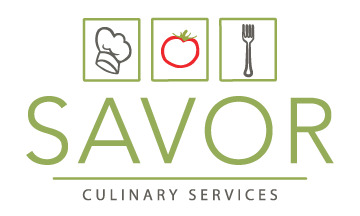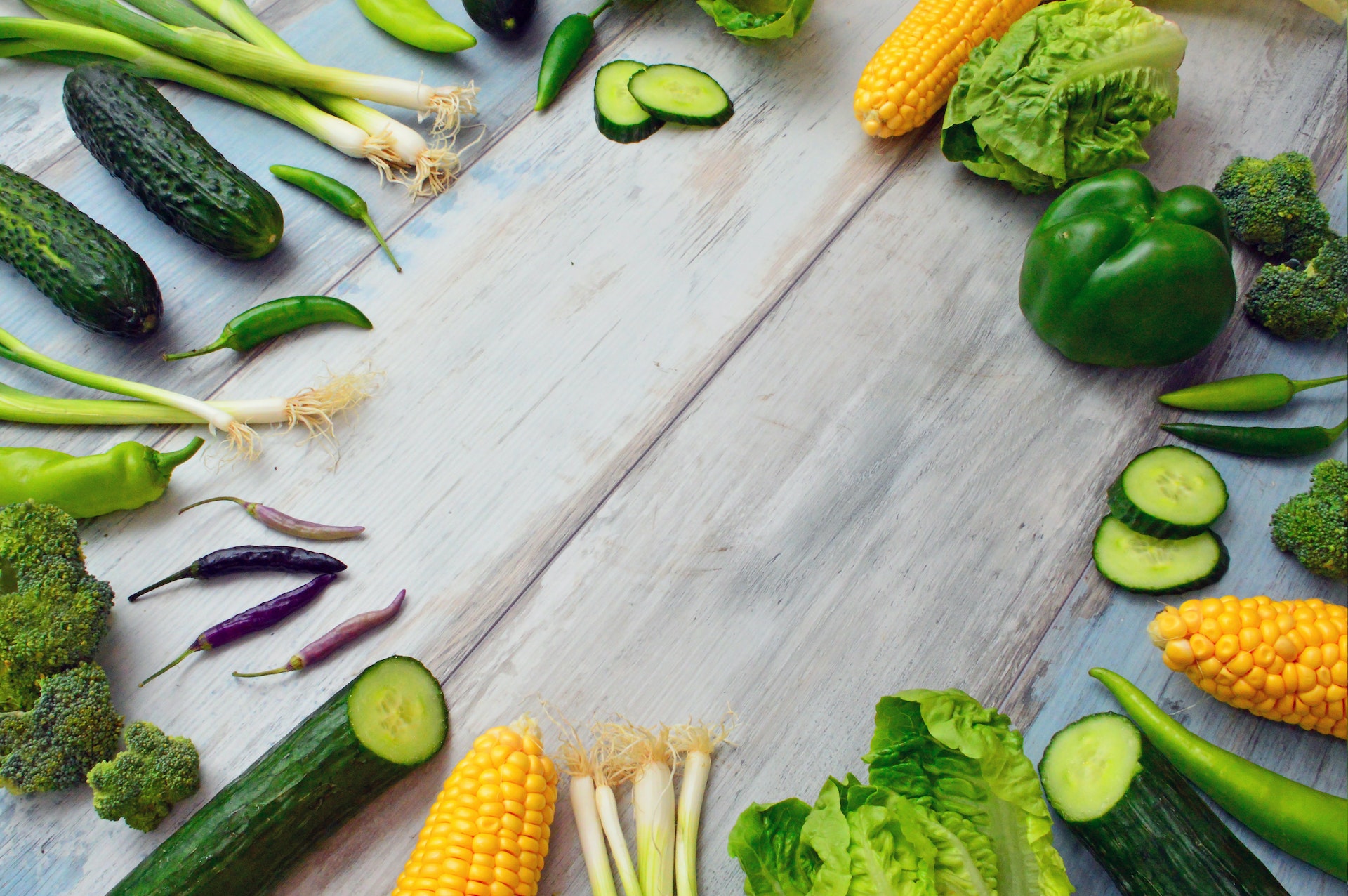Organic food has been gaining popularity over the years due to its perceived health benefits. In simple terms, organic food is produced without the use of synthetic fertilizers, pesticides, genetically modified organisms (GMOs), or other artificial additives. Instead, it is grown using natural methods such as crop rotation, composting, and the use of natural fertilizers.
So, what makes organic food so healthy? Let’s take a closer look at some of the key factors.
Nutrient content
Organic food has been found to have a higher nutrient content than conventionally grown food. This is because organic farming practices focus on building healthy soil that is rich in nutrients. In contrast, conventional farming practices often rely on synthetic fertilizers that may provide the necessary nutrients for plant growth, but don’t necessarily enrich the soil.
Studies have shown that organic fruits and vegetables are higher in vitamin C, antioxidants, and other beneficial compounds compared to their conventional counterparts. For example, one study found that organic tomatoes had higher levels of vitamin C and phenolic compounds than conventionally grown tomatoes.
Reduced exposure to pesticides
One of the most significant benefits of organic food is that it is produced without the use of synthetic pesticides. Pesticides are used in conventional farming to protect crops from pests and diseases. However, many of these chemicals have been linked to a range of health problems, including cancer, neurological disorders, and hormone disruption.
By choosing organic food, you can reduce your exposure to these harmful chemicals. Organic farmers use natural methods such as crop rotation, beneficial insects, and natural pesticides to manage pests and diseases. While there may still be some level of pesticide residue on organic produce, it is typically lower than conventionally grown produce.
No GMOs
Genetically modified organisms (GMOs) are plants or animals that have been genetically altered in a laboratory to produce specific traits. This technology is often used in conventional farming to create crops that are resistant to pests or herbicides.
However, there is still a lot of controversy surrounding the safety of GMOs. While many studies have found no harm from consuming GMOs, others have raised concerns about the potential long-term effects on human health and the environment.
Organic food is always GMO-free, which means you can avoid these potential risks by choosing organic products.
More sustainable
Organic farming practices are often more sustainable than conventional farming practices. This is because organic farmers focus on building healthy soil and promoting biodiversity, which helps to create a more resilient and self-sustaining ecosystem.
In contrast, conventional farming practices often rely on synthetic fertilizers, which can have a negative impact on the environment by degrading soil quality, contributing to water pollution, and reducing biodiversity.
By choosing organic food, you are supporting a more sustainable food system that is better for the environment and future generations.
Better taste
Finally, many people argue that organic food simply tastes better than conventionally grown food. This is because organic farmers focus on building healthy soil that is rich in nutrients and beneficial microorganisms. This healthy soil helps to produce crops that are more flavorful, aromatic, and nutrient-dense.
In addition, because organic farmers use natural methods to manage pests and diseases, their crops may be more resilient and better able to resist environmental stresses. This can lead to a higher quality and more consistent product.
SAVOR works hard to use only the finest, highest quality ingredients in all of our personalized meals. Happy and healthy go hand in hand when you tap us for your at home dining needs!

